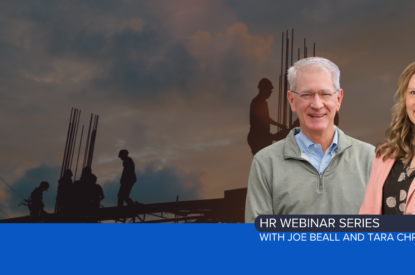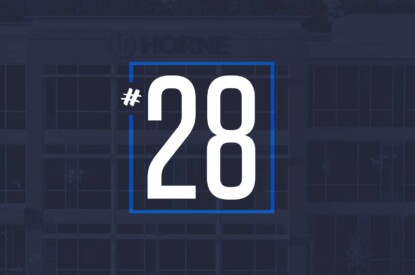COVID-19 is changing consumer habits. From retail to foodservice, many businesses are now offering delivery for the first time. While this can be great for business and a necessary means to survival, there are some critical components you need to consider before you begin.
- Appropriate Business Licenses – Having the proper business licenses in place to do food delivery is imperative. As your business has gone from a single location to multiple delivery addresses, you may have additional business license requirements. For instance, Alabama requires a business delivery license for all municipalities in which the business is delivering to – not just where the business is located. Check with the Small Business Administration (SBA) as well as the Department of Revenue in the state(s) you plan to deliver in. Some business license requirements not only vary by state, but also by local jurisdiction (city, county, etc.).
- Proper Insurance – As you move to delivery, risks and exposures increase. It is critical to have proper coverage. Explore commercial auto / HNOA (Hired Non-Owned Auto), General Liability Insurance or a BOP (Business Owner’s Policy) to determine which is right for you. We recommend working with an experienced broker who deals with delivery concepts to ensure the right coverage is in place.
- Sales Tax – Sales tax for a sit-down or drive-thru concept is based upon the restaurant’s physical location. Delivery sales tax can be more complicated as many states require the tax to be based upon the delivery address. Check with your state to fully understand sales tax reporting as it pertains to your new business structure. You will also want to be sure your POS can capture delivery addresses or be sure to have a back-up plan in place.
- Mileage and Delivery Driver Pay – Tips and mileage pay has been a highly discussed subject for several years. Overall, delivery drivers need to make at least minimum wage. As most delivery drivers use their own vehicles, you will need to ensure the combined wages and mileage received are enough to cover wear and tear on the vehicle. Delivery driver wages typically include tips, hourly wage and reimbursement for mileage. Conducting the proper research to compensate delivery drivers accurately is important. Motus is a company that deals in delivery reimbursement programs, click here to learn more.
- Train Drivers – With the sudden economic need to transition to delivery, you will probably not have time to create a robust employee manual and training program for your drivers. Spend some time researching best practices for food delivery drivers and brief your team before putting them on the road.
- Vehicle and Driver Safety / Competency – If drivers are using their own vehicles, make sure the vehicles are registered and inspections are up to date, if applicable. You will also want to make sure your drivers have valid driver’s licenses. If this is an industry you plan to stay in, investing in GPS technology from both a mileage tracking (see #4) and driver safety perspective may be something worth looking into (GPS technology can also help you mitigate potential legal risk).
- Food Safety – Investing in foodservice delivery bags are important to maintain safe food handling practices, especially if traveling long distances. You will want to take all necessary measures to reduce foodborne illness along with proper maintaining of product temperatures.
- COVID-19 Specific Considerations – With the developing pandemic, implementing a contactless delivery plan is a necessary safety precaution. This includes taking payment (and even tips) over the phone and discussing the contactless delivery location before delivering (i.e., porch, near the mailbox, etc.). Preferring not to accept cash payments or tips helps to ensure a truly contactless experience.
While there are many other factors to consider as you begin your delivery journey, these considerations will help to get you started and minimize your risk exposures. Have any questions or looking for some guidance? Please contact us to learn more.




